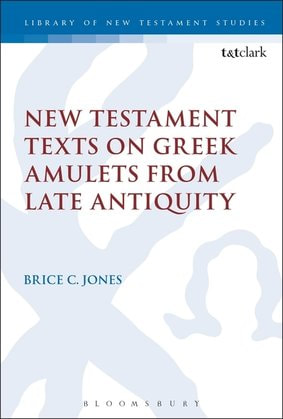 P.J. Parsons P.J. Parsons Renowned Oxford papyrologist Peter J. Parsons describes the process of editing papyri from Oxyrhynchus: "The pleasures of the [Oxyrhynchus] project have been threefold. First, there is the pleasure of the chase: open a box of unpublished papyri, and you never know what you will find — high poetry and vulgar farce, sales and loans, wills and contracts, tax returns and government orders, private letters, shopping lists and household accounts. Then, there is the pleasure of comprehension: as you decipher the ink, still black after two thousand years, you begin to make words out of letters and then sentences out of words; the eye looks for shapes, and the mind looks for sense, and the two in alliance will (all being well) turn a string of symbols into intelligible text. Thirdly, your new text finds its place within larger structures. A fragment of Greek Comedy may add a new scene to a play already known from other fragments; an edict of the governor of Egypt may join other documents to hint at reform and politics; the lease of a vineyard will contribute evidence about price-inflation and consumer preference. Throughout the process, the researcher becomes aware of a unity. Every fragment of every kind in every box belongs in one historical and geographical context — the reading, writing and working citizens of Oxyrhynchus, the City of the Sharp-nosed Fish." Excerpt from: Parsons, P.J. City of the Sharp-Nosed Fish: Greek Lives in Roman Egypt. London: Weidenfeld & Nicolson, 2007, xxvi-xxvii.
0 Comments
Your comment will be posted after it is approved.
Leave a Reply. |

Available at Amazon!
Archives
June 2020
Categories
All
|